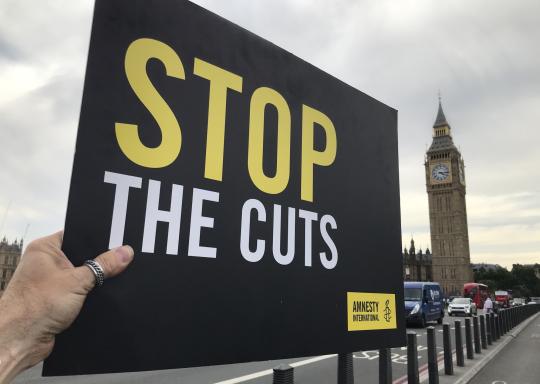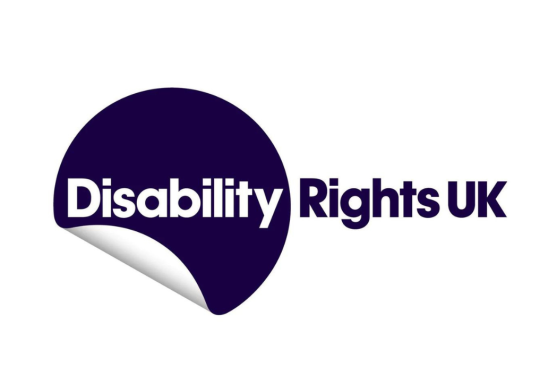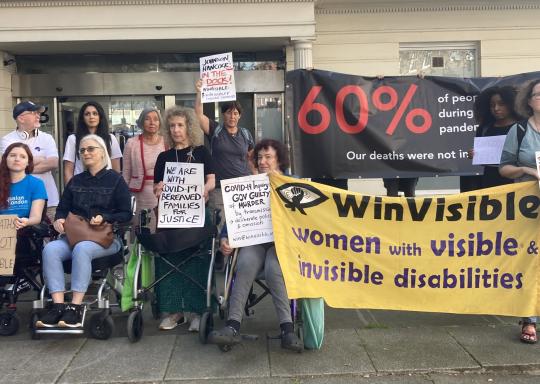Disabled woman wins legal challenge against DWP over automatic benefit deductions
The Department for Work and Pensions (DWP) Third Party Deductions Scheme gives third parties, such as private electric, gas and water companies, the ability to apply to the DWP for a proportion of a person’s benefits to be paid direct to them, to repay debt that they say is owed, and to meet ongoing usage costs.
Following the legal challenge, the way that the DWP operates the scheme – and in particular the way that the written guidance is drafted - will need to be significantly altered, specifically by making it clear to DWP decision-makers that benefit claimants should be given the opportunity to make representations and/or provide relevant information prior to the decision to make the deduction being taken.
The previous written guidance, which has been found to be unlawful, did not make it clear that benefit claimants should be offered the opportunity to make representations to the DWP prior to the decision being taken, including as to whether the money is in fact owed, what their financial circumstances are, and whether there might be other ways to pay the debt.
Mr Justice Cavanagh said in his decision: “In my judgment, a failure on the part of the decision-maker to give the claimant the opportunity to make representations and provide information would be a breach of the obligation of fairness …
“I take the view that there is a legal obligation to seek representations in every case, because it is not until the claimant has been given the opportunity to make representations/give information that the decision-maker is in a position to decide whether there are any relevant representations/information that the particular claimant can provide.
Ms Timson, had deductions being taken from her Employment and Support Allowance over many years, with the deductions sometimes leaving her unable to pay rent. She has also had deductions taken for debts which were not even owed.
She said: “I am over the moon about this judgment and can’t thank my awesome legal team enough. The fact that the DWP now need to seek representations from benefit claimants before making the decision to deduct money from their benefit is the very least that they should have been doing.
“However, the scheme remains inherently flawed, as it still gives decision-makers the power to determine how other people’s money is spent.
“There is a solution that will stop this injustice and also save the government the expense of employing extra staff to try to determine the ‘interests’ of benefit claimants
“I propose that this legislation be changed from ‘interests’ of the benefit claimant to ‘if the benefit claimant consents.’ I invite Chloe Smith, the new Secretary of State for Work and Pensions, to discuss this proposal with me so it’s a win/win for all.”
Emma Varley, a solicitor at Bindmans LLP who represents Miss Timson, said: “Our client has demonstrated incredible bravery in challenging this scheme.
“The judgment will mean that Miss Timson and other benefit claimants will be afforded the crucial opportunity to make representations to the DWP before a decision about how their money is spent is made on their behalf.”
The High Court’s judgement in Timpson and the Secretary of State for Work and Pensions and Severn Water PLC (Case No: CO/2022/2021) is available from bindmans.com.



